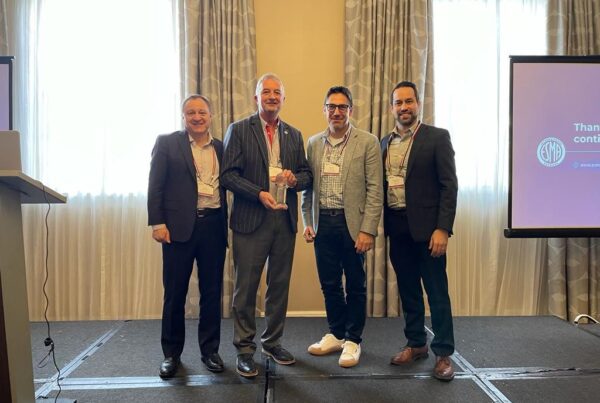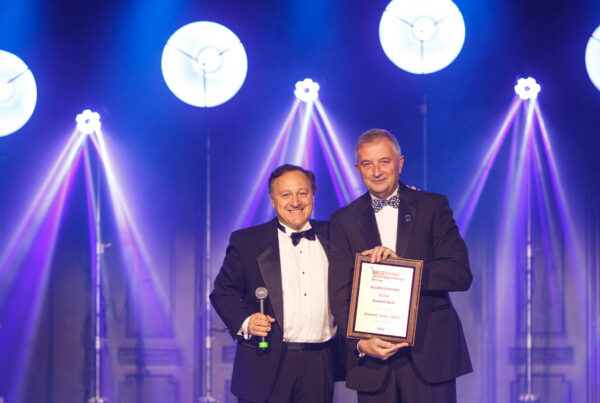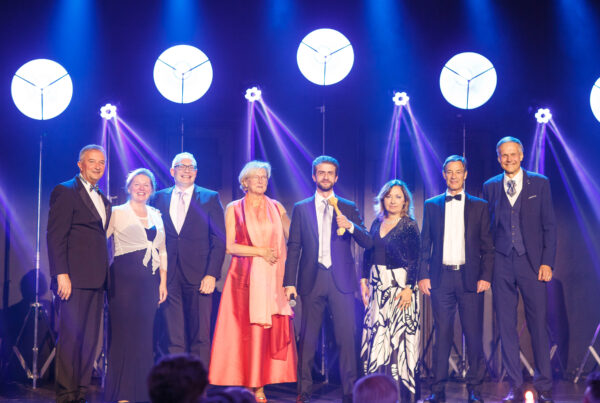Collectors are individuals or organizations who actively seek out items of value, such as art, coins, stamps, and antiques. Collecting can be both a hobby and an investment. From a financial standpoint, collectors aim to acquire valuable items that will eventually appreciate in value. As a hobby, collecting is driven by the collector’s passion for the object they are acquiring.
Many collectors specialize in particular areas due to their affinity for certain objects or materials; some may focus on coins from a certain era while others might be interested in rare porcelain dolls from certain countries. Regardless of what area of collecting one specializes in, the overall goal remains the same: purchase valuable items with appreciation potential for personal enjoyment and/or future financial gain.
The collecting hobby is an enjoyable and rewarding experience, but it can be overwhelming if you don’t know where to start. Fortunately, there are eight simple steps that you can take to get started as a collector.
1. Decide what type of collection interests you the most
You may want to focus on stamps, coins, comics, vintage toys, or something else entirely—the possibilities are endless! Once you’ve determined the kind of collection you want to pursue, do some research into the available options so that you can determine which pieces would make the best additions to your collection.
2. Set up a budget for your collecting efforts
Knowing how much money you can spend will make it easier for you to find pieces that fit within your budget. It will also help ensure that you don’t overspend, which could lead to financial problems in the future.
3. Find a source for collecting materials
Depending on what type of collection you have chosen, there may be local stores, online outlets, as well as angelo platform that specialize in selling the items you are looking for. This can make it easier to quickly acquire the pieces you need for your collection.
4. Consider any preservation needs for your collection
Some pieces require special care and attention if they are to remain in good condition over time—for example, coins should be stored properly and vintage toys should not be left out in direct sunlight. Researching best practices for preserving the objects in your collection is important for protecting your investment.
5. Learn how to authenticate pieces before you buy them
This is especially important if you are purchasing items online or from a dealer, since there can be some level of risk involved in these transactions.
6. Join a collecting community or club
Talking to other collectors can give you valuable insight into the hobby—plus, it’s always more fun when you have people who share your same interests and passions!
7. Create an inventory list of the items in your collection
Keep track of what pieces you have purchased as well as any notes on their condition or age. This will help ensure that nothing gets lost over time and that you know exactly what is included in your collection.
8. Display or store your collection in a manner that makes you proud
There are countless ways to showcase collections, from simple bookshelves to custom-made display cases. However you decide to show off your pieces, make sure it’s something that you can look back on with joy and satisfaction for years to come.
By following these eight steps, anyone can become an expert collector! Remember to take your time and enjoy the process—happy collecting!








